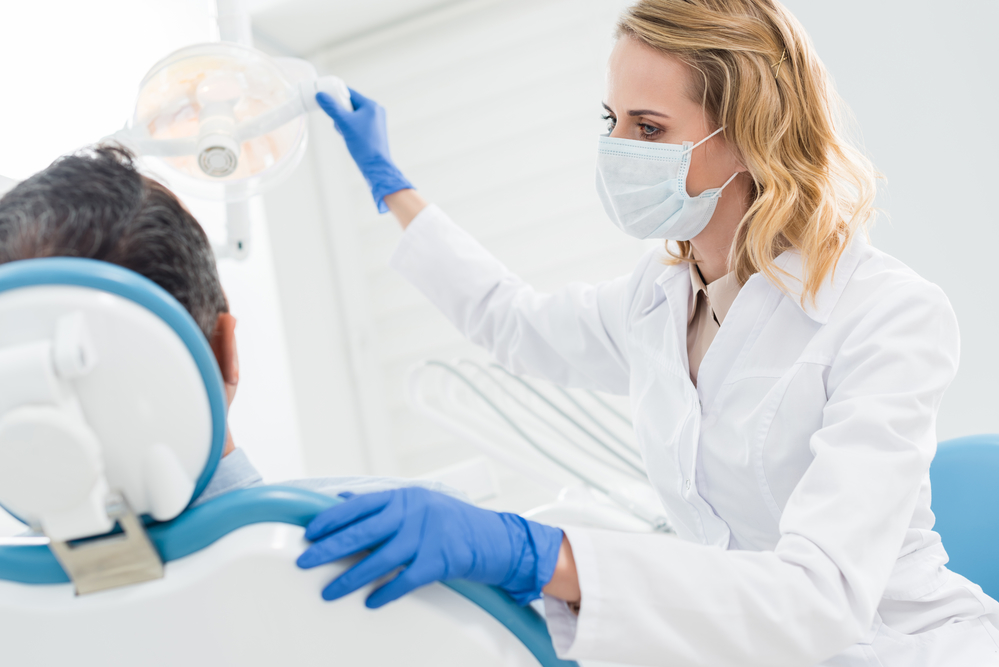Why is Toothpaste Minty?
Ever wondered why almost every tube of toothpaste you pick up is mint-flavored? While some brands offer other options, mint dominates the toothpaste world. But how did that even start?...

If you had chickenpox as a child, you are at a higher risk for developing a painful viral infection later in life called shingles. In addition to a painful skin rash and other symptoms that can develop, shingles can also affect your dental health.
For most patients, a painful rash is the extent of their symptoms. However, women who are pregnant, patients undergoing cancer treatments, or those with a compromised immune system are at a higher risk for complications.
Shingles occur when the dormant chickenpox virus, varicella-zoster, is reactivated in your nerve tissues. Early symptoms of shingles may include fever and general weakness. Some people with shingles may also experience itching, burning, deep pain, or a tingling sensation.
After the early symptoms of shingles, a few days later, the first signs of a rash appear. You may notice pink or red blotchy patches on one side of your body. These patches cluster along nerve pathways and shooting pains in the area of the rash is typical.
Other notable symptoms of shingles include:
A shingles outbreak can be miserable, but it can also affect your dental care, especially if you have a rash on your face or neck. If you’re showing symptoms of the disease, you should seek medical attention from your physician who may prescribe antiviral medication. Starting antibiotics within three days of a shingles outbreak can significantly reduce any pain and discomfort. Additionally, antiviral medicines can reduce the contagiousness of the outbreak.
In the early stages, shingles can be contagious, and the virus can be passed to others through skin contact or by airborne respiratory sections. If you’re currently experiencing a shingles outbreak, it is vital to let your dentist know before undergoing any dental work. Even routine teeth cleanings with an ultrasonic device could disrupt the virus and increase the chances of it spreading to someone else. Dental work should be postponed and rescheduled until the virus is under control.
If you’re diagnosed with shingles, most physicians recommend you begin antiviral treatment as soon as possible. Antiviral drugs like acyclovir or famciclovir are highly effective in bringing the disease under control, especially if treatment starts within three days of the onset symptoms. See your physician as soon as possible if you begin to notice symptoms, so shingles don’t interfere with your life.
If you’re over the age of 60 or at risk for shingles, consider getting the shingles vaccine. This readily available vaccine has proven effective in preventing the disease. Being vaccinated with the shingles vaccine could also help you avoid the pain and disruption this viral infection can bring into your life. If you would like more information on dental treatments with shingles, contact Aubrey Baudean DDS today or schedule an appointment for a consultation.